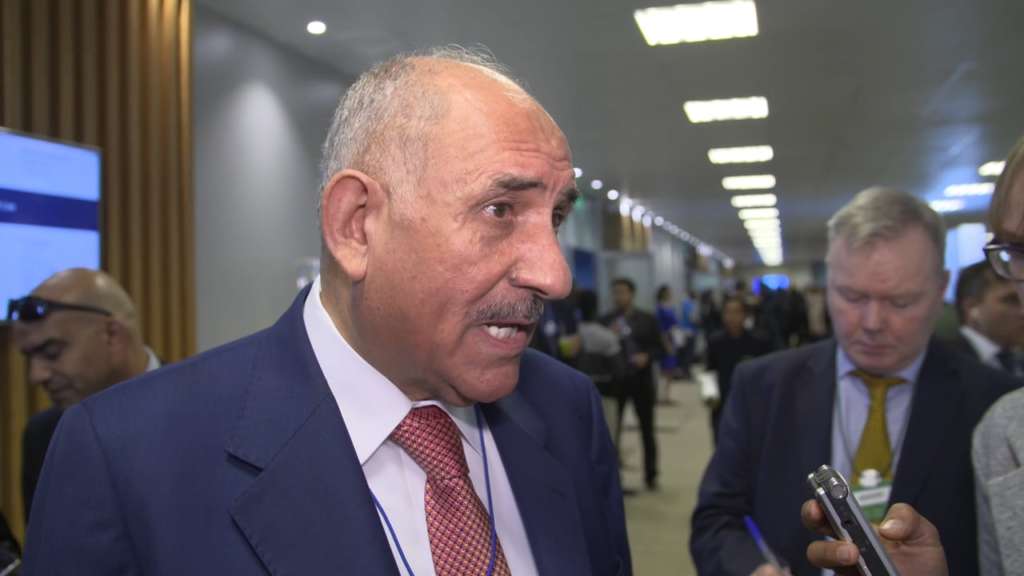Amman-Amendments to school curricula in Jordan have raised disputes among several sectors, syndicates and civil society organizations over claims that the changes have manipulated religious beliefs by cancelling Quran virtues and Prophet Mohammed’s quotes under the pretext of combating terrorism.
The issue of extremism in the school curricula and the proposed reforms has lately divided the country.
Conservatives, including the Muslim Brotherhood’s Islamic Action Front (IAF), have denounced the move “as an affront to our heritage and values aimed at distancing the future generation from its religion, its Arab identity, its history and traditions.”
An IAF spokesman urged the government to cancel “negative alterations and focus on genuine scientific developments introduced by Jordanian academics.”
After entrusting a committee of experts to review the amendments, the Jordan Teachers Association (JTA) maintained that most of the changes were made to the Arabic language textbooks by scrapping the vast majority of Islamic and religious texts.
Earlier this year, Education Minister Mohammad Thneibat formed a committee of former ministers and education experts to review textbooks and offer detailed recommendations.
Several amendments were made to textbooks. The outcomes were met with a mixture of criticism and applause, yet critics had a louder voice because they included the JTA.
Moreover, “the new transformations did not make any changes to the pedagogies or methods to develop students’ abilities and characters, which we are in dire need of now. On the contrary, the amendments were made to the content in a very distorting way,” said Atallah Hajaya, a member of an independent committee formed by experts to defend the old curricula.
He said that educators were expecting the overall development of the textbooks to be more attractive and motivational for students, but were shocked to see that the amendments were made to scrap religious and cultural texts.
“For example, a text for seventh graders included a piece by Khalil Gibran that talks about the Holy Temple, while we want to teach our children that Al Aqsa Mosque is part of our faith,” Hajaya stressed.
He said that authors of the new textbooks claim that the changes were different from what they had made.
“It seems that the changes were made before the texts went to print,” he said.
For his part, Thuneibat has defended the changes. He said: “Reforming school curricula and books is the result of a joint effort by specialized teachers and academics, including university professors.”
“Those who made hasty judgments should consider that the new books aim at developing analytical skills and avoid filling the heads of students with raw information,” Thuneibat said.
He also attacked critics who want to politicize the issue and misinform the public, stating, “We want to reform our education system, which has produced thousands of students who do not know how to read or write.”
According to Thuneibat, the new books, which were introduced to the public and private school systems, will instill the values of human rights and respect for women and children, pointing out that they do not contradict Islamic values. “Is religion only about growing a beard or covering a woman’s head?” he asked.
